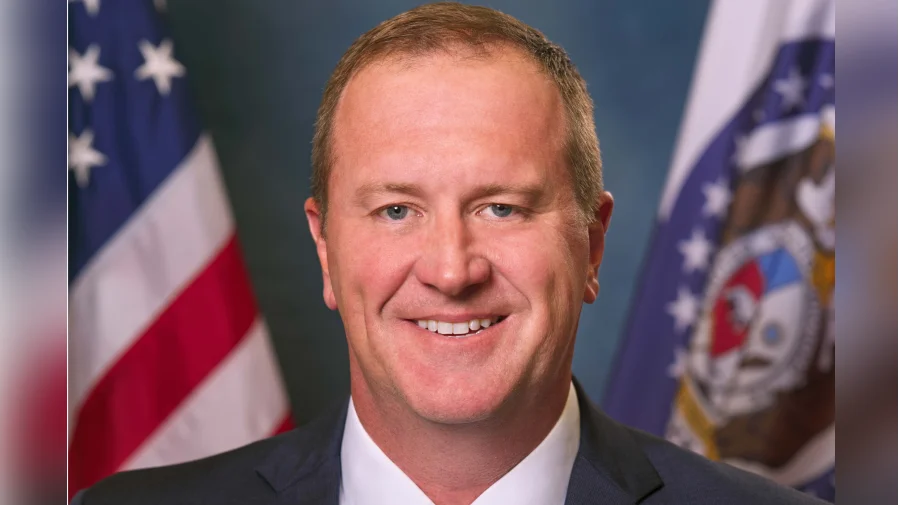Senator Eric Schmitt | U.S. Senator Eric Schmitt
Senator Eric Schmitt | U.S. Senator Eric Schmitt
Senator Eric Schmitt, who represents Missouri in the U.S. Senate and previously served as the state's Attorney General, posted a series of updates on his social media account regarding judicial appointments, legal doctrines, and federal budgetary actions.
On July 23, 2025, Schmitt announced the confirmation of a new federal judge for Missouri’s Eastern District: "Today, the Senate confirmed Zachary Bluestone as a judge for the Eastern District of Missouri. Zachary worked with me in Missouri’s AG’s Office as Deputy Solicitor General and will make a fantastic judge!" Bluestone's prior role as Deputy Solicitor General under Schmitt is noted in the post.
The following day, July 24, 2025, Schmitt addressed legal doctrine by stating: '"Disparate impact" has been a disaster for our constitutional order. Securing equal outcomes between groups would require a level of social engineering that makes Stalinist Russia look like a libertarian paradise. And even then, it would still fail.' The senator criticized policies focused on disparate impact—a legal theory concerning practices that adversely affect one group more than another—even if unintentional.
Later on July 24, Schmitt commented on federal spending measures: "Headed over to the White House for President Trump to sign the rescissions package into law. We're cutting out waste, fraud, and abuse— to the tune of $9 Billion." A rescissions package refers to legislation that cancels previously approved government spending.
As background, Eric Schmitt has held multiple public offices in Missouri before his election to the U.S. Senate. The process of confirming federal judges involves presidential nomination followed by Senate approval. Disparate impact theory has been debated in American jurisprudence since its formal recognition by the Supreme Court in Griggs v. Duke Power Co. (1971). Rescission packages are sometimes used by administrations to reduce discretionary government expenditures after appropriations have already been made.






 Alerts Sign-up
Alerts Sign-up